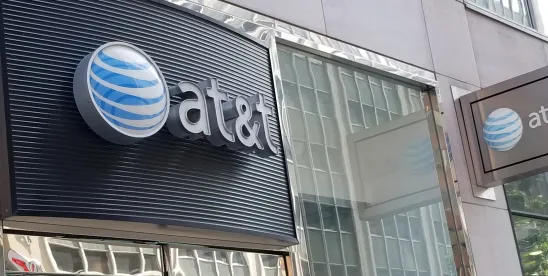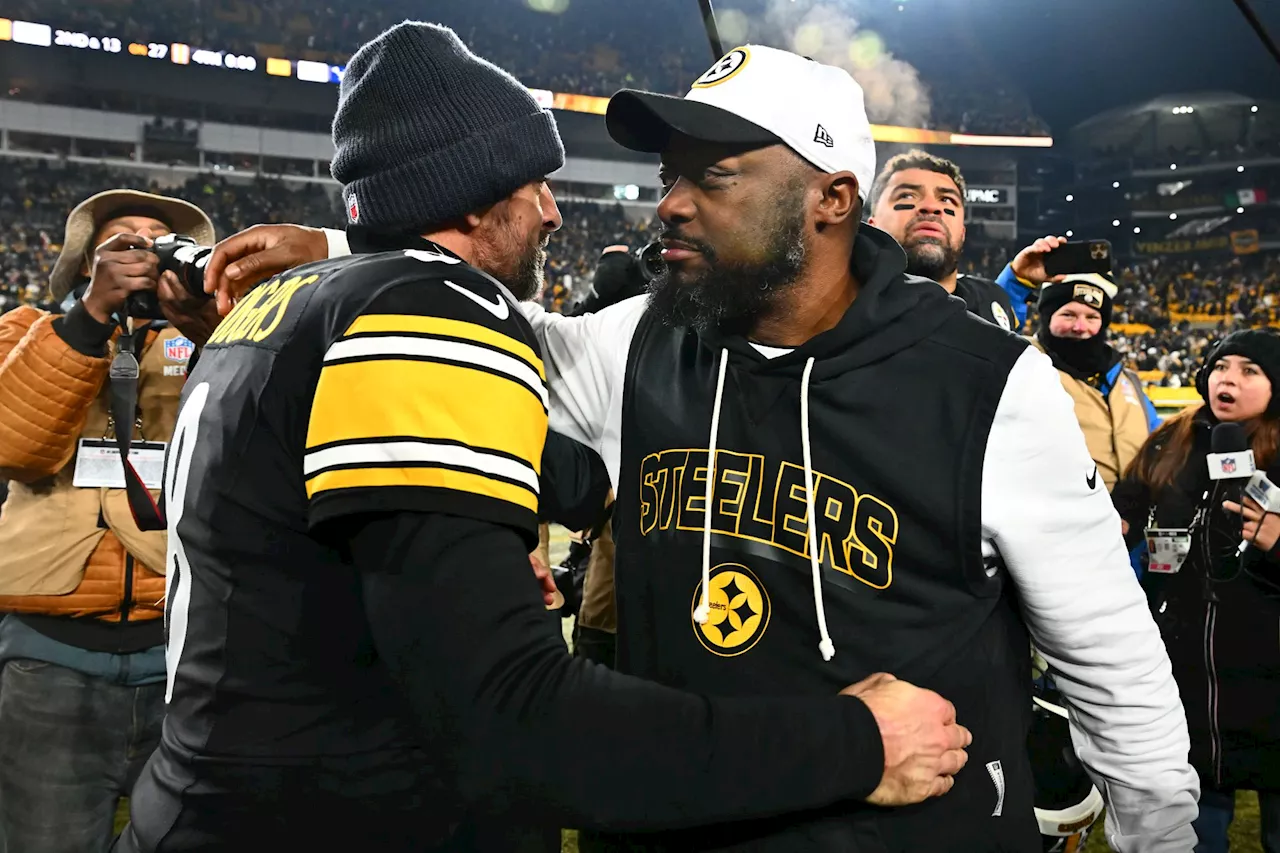AT&T has been hit with a class action lawsuit in Florida, alleging the company made unsolicited solicitation calls to consumers despite requests to cease communication. The complaint, filed by plaintiffs Elsa Keidan and Garrick S. Keidan, claims the calls were made automatically and continued even after both individuals explicitly asked for them to stop.
The lawsuit centers around violations of the Telephone Consumer Protection Act (TCPA) and the Florida Telephone Solicitation Act (FTSA). The plaintiffs argue that the persistent calls demonstrate a disregard for consumer requests, indicating that they were likely made using automated dialing systems. The complaint highlights that a human caller would not have continued contacting the Keidans after they expressed their desire to stop receiving calls.
This class action seeks to represent individuals across four distinct classes—two under TCPA and two under FTSA. Although the exact number of potential class members is not specified, damages could reach up to $1,500 per call, potentially resulting in significant financial repercussions for AT&T.
The legal team representing the plaintiffs includes experienced attorneys Seth M. Lehrman and Joshua H. Eggnatz, who are known for their work in consumer protection cases. While Lehrman and Eggnatz may not be the most widely recognized names in the legal community, their expertise could lead to substantial outcomes if they successfully challenge AT&T.
In light of this lawsuit, AT&T may face a considerable headache as it addresses these allegations. The outcome of this case could influence how telecommunications companies manage customer communications, especially regarding unsolicited calls. With consumer privacy laws becoming increasingly stringent, companies must navigate these regulations carefully to avoid similar legal challenges in the future.
As the case develops, it remains to be seen how AT&T will respond to these claims and what steps the company will take to mitigate potential damages. The class action serves as a reminder of the ongoing issues surrounding unsolicited communications and consumer rights.







